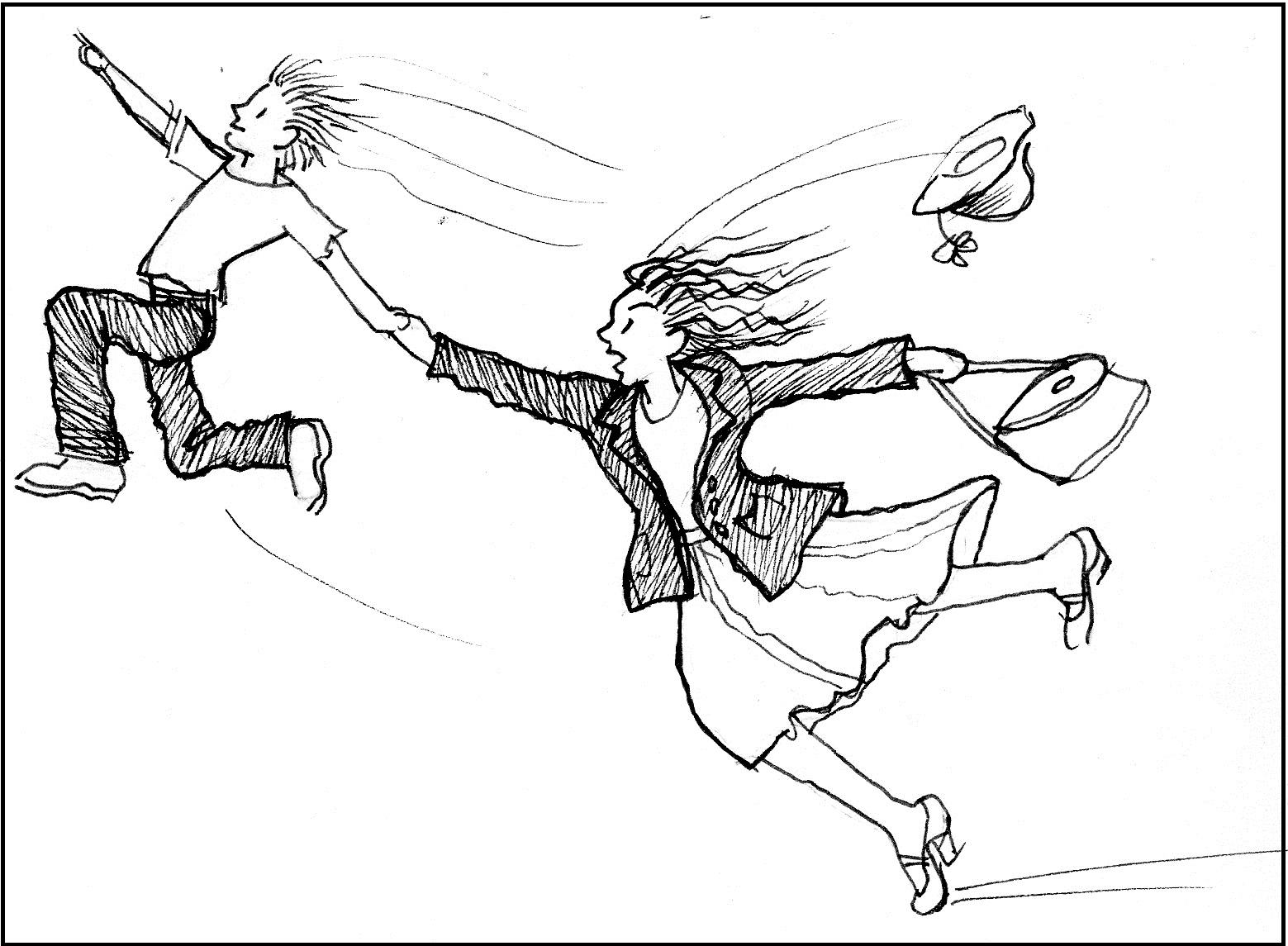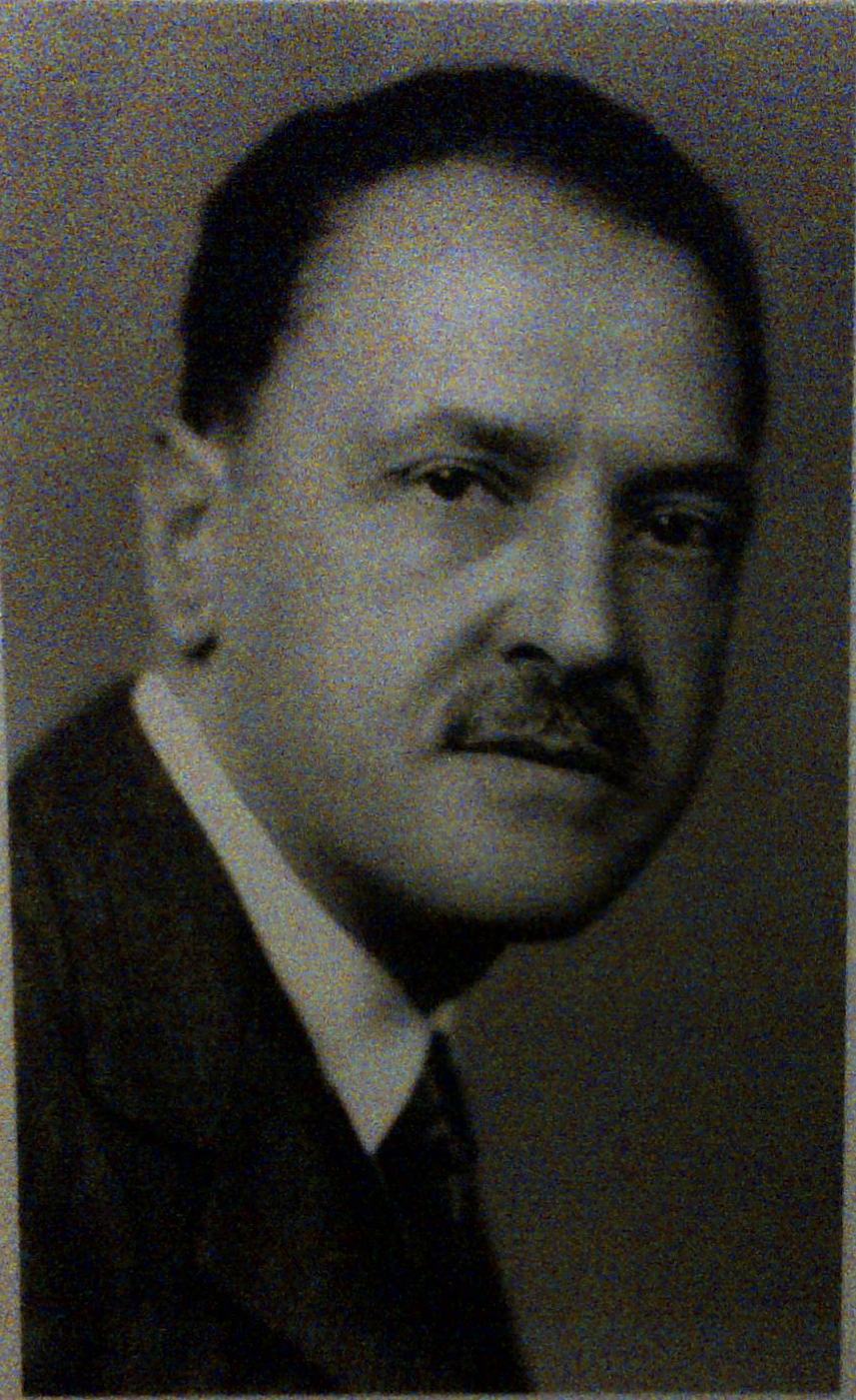In life I’m a bit of a control freak, but when it comes to creating characters in fiction I don’t seem to be able to have any kind of power over anything they do.

This is annoying for a dyed-in-the-wool planner. As an example in my current oeuvre my central character – a woman in her forties whose husband, who was a spy in WW1, died under mysterious circumstances – has just decided that rather than accepting an invitation to visit Lady Ottoline Morrell in her mansion in Garsington (both of which I have researched industriously) she is going to embark on a quest to find out exactly how her husband died.
This not only alters the trajectory of my book, it threatens to turn what was meant to be a cheerful memoir of a free-thinking woman of the 1920s into a spy thriller. Now I have to down tools and make trips to the Imperial War Museum and read up on what spies did in WW1, mindful of the fact that everything to do with the secret service in the war was by definition secret, which means the answer isn’t going to come easily, if at all. (Though one joyful discovery: it turns out they – both spies and spy-masters – really were known by letters rather than names, as in ‘C’ and ‘R’ and so on.)

How does any writer plan a book so he or she knows what’s going to happen in the end? I guess if you’re writing thrillers, or anything where plot is paramount, it’s easier to manipulate your characters to fit the story; though they are still people, with wills and desires and temperaments and a natural human instinct for disobedience. Or if they’re not they probably won’t be that interesting.
This really all came about as a result of NaNoWriMo (for those not in the know, this is an annual scheme to encourage writers to try to write the best part of a novel in one month, November). When you have to get your 2000 words a day down and you simply don’t have time to go back on things or to change your mind, let alone to research something, you find yourself making decisions on the spot that may come back to haunt you later. Hence the fact that my character married a spy. (Where did that come from?)
Writing books with recalcitrant people in them certainly keeps you on your toes, and it teaches you something else. I know a lot more about WW1 than I ever did, and even a fair bit about spying. Maybe my next book will be a spy novel.

